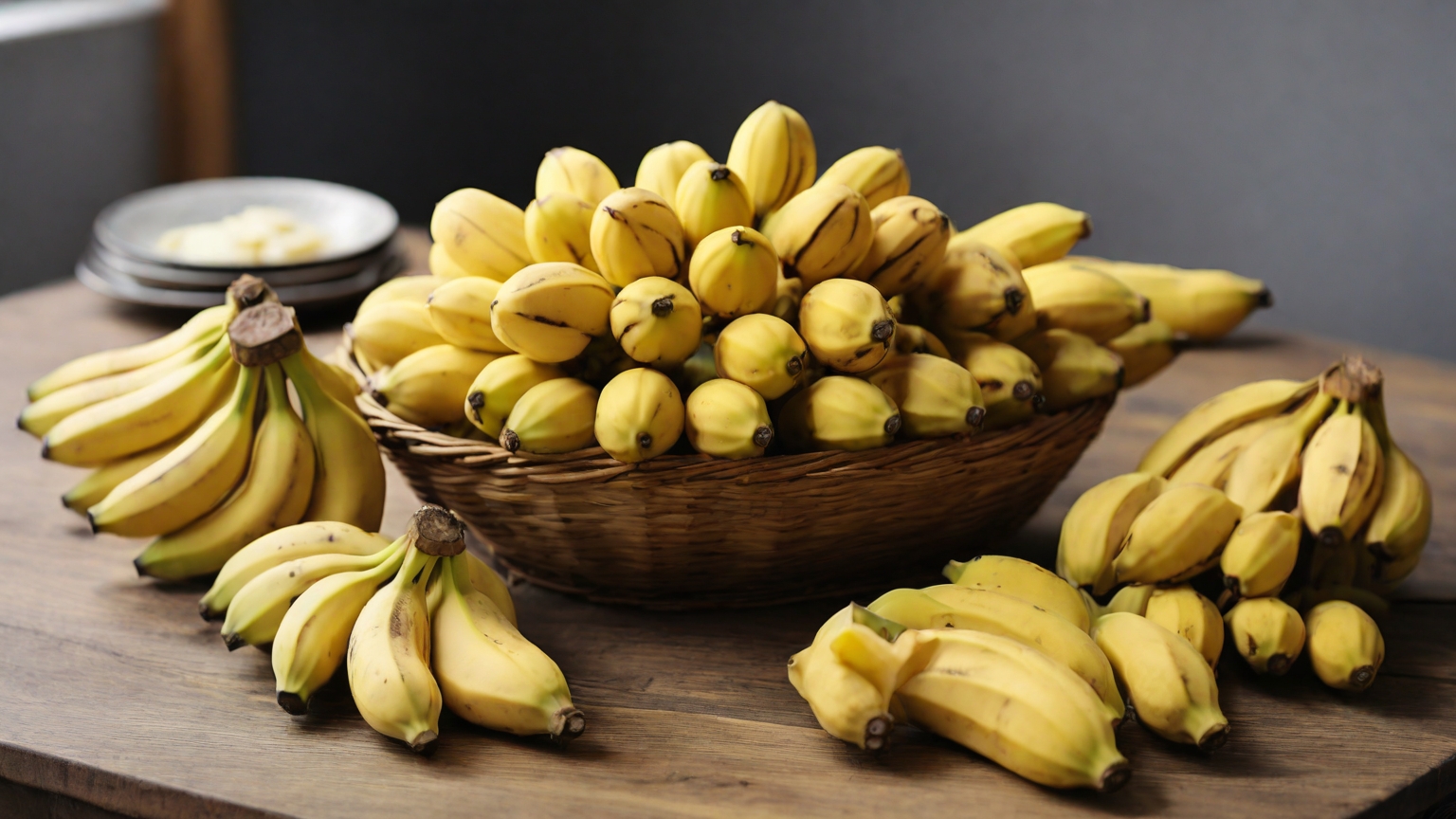Introduction:
Bananas, those vibrant and delicious fruits neatly packaged in a yellow peel, have long been a popular snack worldwide. Beyond their natural sweetness and convenience, bananas boast an impressive array of nutrients. One crucial aspect of their nutritional profile is the calorie content, which plays a significant role in understanding their place in a balanced diet.
Caloric Breakdown:
Bananas are known for being a relatively low-calorie fruit, making them a favorite among health-conscious individuals. The caloric content of a banana primarily comes from three main components: carbohydrates, fiber, and a negligible amount of protein. Let’s delve into the breakdown:
- Carbohydrates:
Bananas are rich in carbohydrates, mainly in the form of natural sugars. A medium-sized banana (about 7 to 8 inches long) typically contains around 27 grams of carbohydrates. The primary sugar in bananas is glucose, fructose, and sucrose, providing a quick and easily digestible source of energy. - Fiber:
Fiber is an essential component of a healthy diet, promoting digestive health and aiding in weight management. Bananas contain both soluble and insoluble fiber. The soluble fiber helps regulate blood sugar levels and lower cholesterol, while insoluble fiber supports a healthy digestive system. A medium banana contains approximately 3 grams of fiber. - Protein:
While bananas are not a significant source of protein, they do contain a small amount. A medium-sized banana provides around 1.3 grams of protein. While not a substantial protein source, bananas contribute to the overall protein intake within a balanced diet.
Caloric Content:
Now, let’s get down to the numbers. A medium-sized banana, weighing around 118 grams, typically contains about 105 calories. The actual calorie count may vary slightly based on the banana’s size and ripeness, but this provides a general guideline for those monitoring their calorie intake.
Health Benefits:
Beyond the caloric content, bananas offer a myriad of health benefits:
- Rich in Potassium: Bananas are renowned for their potassium content, a vital mineral that supports heart health, regulates blood pressure, and aids in muscle and nerve function.
- Vitamins and Antioxidants: Bananas are a good source of vitamins, including vitamin C and vitamin B6. They also contain antioxidants that help combat oxidative stress in the body.
- Energy Boost: The natural sugars in bananas, combined with their carbohydrate content, make them an excellent, quick energy source – perfect for a pre- or post-workout snack.
Incorporating Bananas into Your Diet:
Given their nutritional benefits and convenience, bananas can be enjoyed in various ways:
- On-the-Go Snack: The peel of a banana serves as a natural wrapper, making it a mess-free, portable snack.
- Smoothies and Shakes: Blend bananas into smoothies for a creamy texture and natural sweetness.
- Baking and Cooking: Use mashed bananas in baking as a healthier alternative to refined sugars or incorporate them into oatmeal and yogurt for added flavor.
Conclusion:
In the world of nutrition, bananas stand out as a delicious and nutrient-dense fruit. Understanding their caloric content, along with the wealth of vitamins, minerals, and fiber they provide, reinforces their status as a wholesome snack. So, the next time you peel open a banana, savor not only its delightful taste but also the nutritional goodness it brings to your overall well-being.
